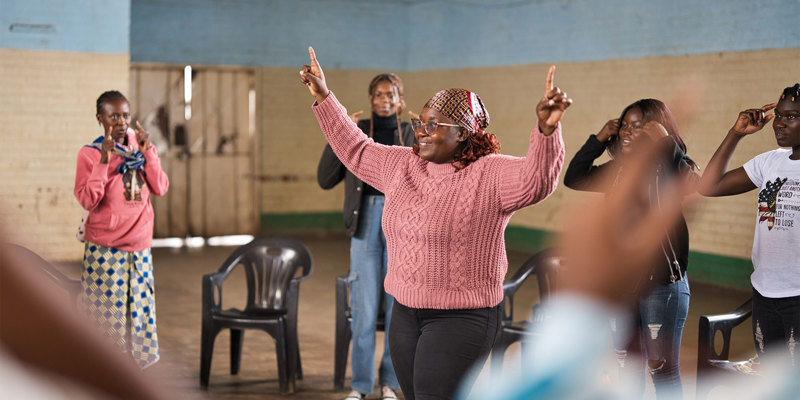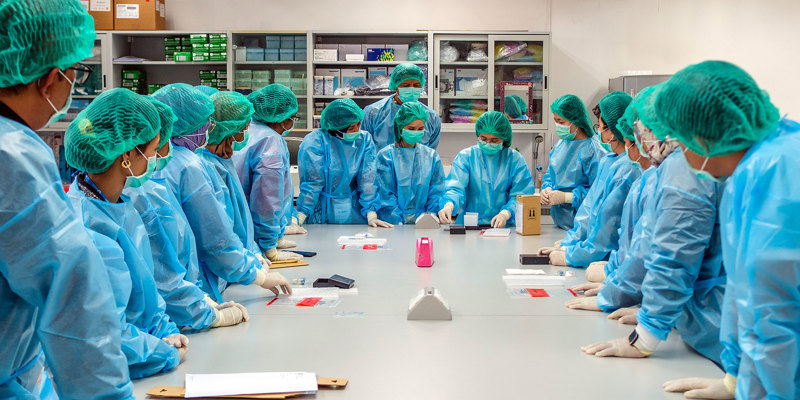Audit of Global Fund Grants in Kenya
11 March 2022
Despite COVID-19 disruptions, grants are mostly performing reasonably well. Approximately 96% of people living with HIV know their status, 89% are on treatment and 94% had viral load suppression in 2020. New HIV infections have decreased by 44% over the last 10 years. Malaria prevalence has reduced, and tuberculosis (TB) incidence fell by 11% between 2018 and 2020. However, not all programmatic aspects are on track. Delaying the planned 2020 distribution campaign of long-lasting insecticidal nets, a decision taken due to COVID-19 restrictions, is likely to increase disease prevalence, morbidity and mortality. Failing to reduce the number of missed TB cases will increase disease incidence and prevalence.
Inefficient processes are delaying procurements and affecting medicine availability across the supply chain. Warehousing and distribution controls are not effective, impacting data quality and commodity traceability, as well as the availability of medicines at central and health facility levels. There is no robust system to monitor, track and report commodities delivered to health facilities which cannot fully account for drugs received. Kenya’s ability to absorb COVID-19 funding in a timely manner is low, mainly due to protracted procurements.
- Message from the Executive Director: Global Fund Grants in Kenya
- Global Fund Grants in Kenya (GF-OIG-22-005 - 11 March 2022)
download in English | Français







